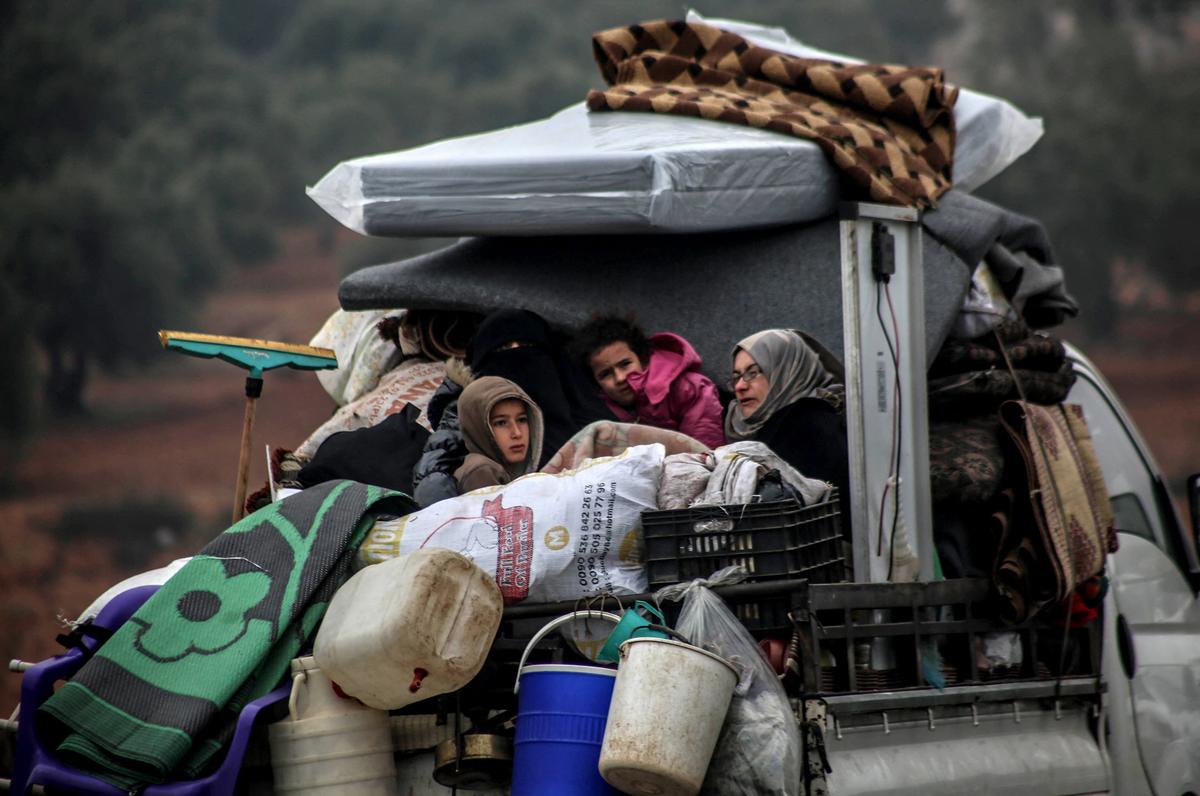Pakistan government repatriation operation begins in north-west
Pakistan government repatriation operation begins in north-west
Some 900 Pakistanis (150 families) displaced by the conflict between government forces and militants in the Swat, Buner and Lower Dir districts of the North-West Frontier Province headed for home on Monday as the government began its voluntary return operation. Another 5,200 people were scheduled to return home today, according to government figures.
Yesterday's returnees left Jalozai camp, which is managed by UNHCR together with its partners and provincial authorities, in 20 buses and trucks to go back to Swat. Escorted by government troops, they were returning to villages in the Landakai, Barikot, Guratai and Kota areas of Swat.
Returnees told UNHCR that they felt safe going back to their villages after contacting neighbours who had already safely returned on their own. Returnees mentioned the unbearable heat in the camp as one of their main reasons they registered to go back. They said many of their children fell sick and contracted skin diseases because of the heat.
Other internally displaced people (IDPs) reported they were not yet ready to return, citing security concerns in various areas in Swat. Some IDPs have been displaced several times in the course of the past several months and want to avoid being uprooted yet again. Others said they wanted assurances that basic services and food would be available upon their return, while others, whose homes were destroyed during the conflict, worried about accommodation. Vulnerable displaced people, including pregnant women, indicated they would rather remain in camps for the time being because they have ready access to health services - something not always available in their villages.
Today (Tuesday), more than 800 families (5,200 individuals) are scheduled to be transported from camps in Mardan and Swabi districts back to Swat. The government has a three-phase return plan focusing first on repatriating displaced people currently staying in camps. The second and third phases will focus on returning people accommodated in host families, renting rooms or staying in schools. The announced plan, Naway Sahar ('Dawn of A New Beginning'), is supposed to be implemented within five to six weeks.
Over the weekend, government authorities and UN agencies, including UNHCR, signed a statement pledging that the return process would follow the principles of voluntariness, safety and dignity. UNHCR will help to monitor the willingness of people to return as well to implement the registration process. Several return application desks have been established in camps in the districts of Mardan, Swabi, Nowshera and Charssada.
UNHCR will also provide assistance in cash to the government for the transportation of vulnerable people. We will also distribute relief items to families which have not yet received them, especially for IDPs staying in host families and school buildings. IDPs who decide to go back to their villages will be able to take their tents and other relief items. We are conducting initial assessment to provide emergency shelter for returnees once they are back.
Over 2 million people have been displaced since early May. While 260,000 people are staying in 21 camps in Mardan, Swabi, Nowshera, Peshawar and Charssada districts, the vast majority of IDPs are accommodated with host families, rent houses or are in school buildings.












